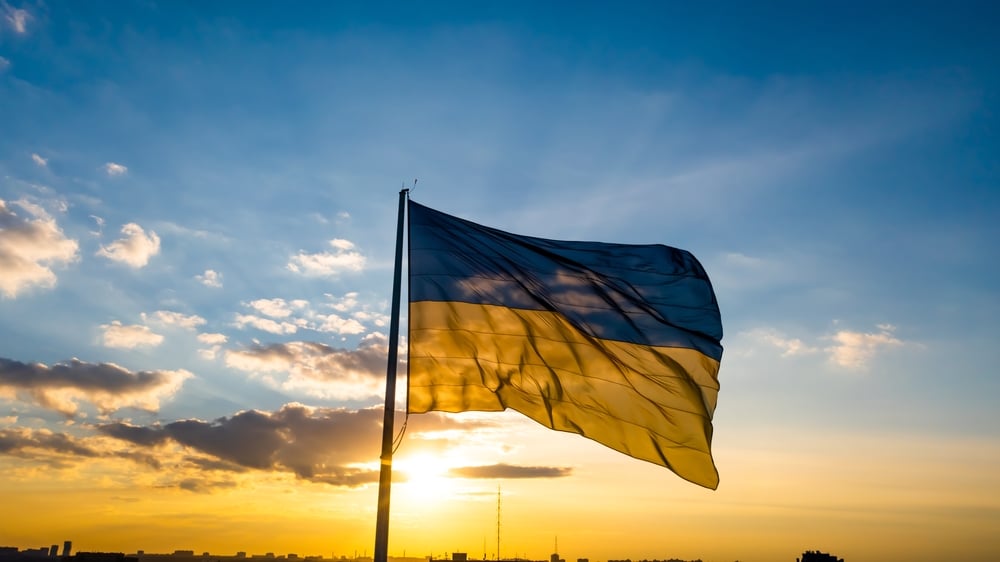I’ve known Ukrainians my entire life. My parents’ circle of post–World War II émigré friends included a few mixed marriages. In one case the two children of one such lively marriage saw the daughter follow her father and identify as Ukrainian, while the son preferred to be Polish like his mother. Similar divisions existed among those in my parents’ generation, including one sister who “felt” Polish while the other was “staunchly” Ukrainian. (I forget what their brother preferred.) It was clear as day to me that Ukrainians were a separate people with a distinct identity of their own. No halfway measures allowed.
Subscribers, click here to read the full magazine. Not a subscriber? Click here to become a Patriot member today and receive access to The American Spectator in print and online!
I also knew Ukrainians to be very kind and likable. During my graduate school days at Indiana University, the senior Slavics librarians were all Ukrainian, invariably pleasant and helpful. One always said “Thanks God” when he meant to say “Thank God.” At lunch one day they urged me to be proud of my heritage and to wear the signet ring my father had given me, admiring of what they themselves didn’t have.
But what they did have was a strong commitment to hard work and organization. To my mind, Ukrainians were a model ethnic group in that regard, both in the U.S. and Canada, culminating in the founding of the prestigious Harvard Ukrainian Research Institute in 1973, always a center of leading research and scholarly integrity.
As it happened, my graduate studies concluded with three summer months in Kiev in 1977. It might have been the Ukrainian SSR, with token recognition of Ukrainian separateness, but nothing more, just the way Moscow liked it. Announcements on the new Metro system were in Ukrainian, as were movie posters — but the movies themselves were all dubbed into Russian. (That’s how I first saw Billy Wilder’s great movie The Apartment [“Kvartira”] in a shabby movie house.)
In Kiev, one never really knew who was Russian and who was Ukrainian. But the wool was pulled from my eyes one Saturday afternoon when the academic in charge of German scholars and I had a chat over watermelon and I asked him if he was Ukrainian. At that, shifting from Russian to Ukrainian, he launched into a long passage from Ukraine’s greatest and most heroic poet, Taras Shevchenko (1814–61), words full of violent and withering disdain for oppressor Russians, which in his recitation very much matched his own. Having absorbed that, I can’t say anything about Ukraine since February 24 has surprised me.
Unfortunately, that includes the unspeakable, barbaric cruelty set in motion by one Vladimir Putin, whose threats to resort to nuclear weapons were already enough to put a bounty on his head. Putin has said all along he just wants to reunify with Russia’s “younger brothers” even as he insists Russia and Ukraine share a common starting point going back to ninth-century Kievan Rus’. Given that Moscow got its start in the thirteenth century at the earliest, as a lowly vassal state of the Mongols (sort of the way it’s now willing to be China’s), perhaps Russia would have better luck if it called itself Ukraine’s younger brother.
Too late, alas. Ukrainians no longer have any use for it. No one with any self-respect wants fraternal relations of any sort with Putin and his willing subjects. It might be good to remind conservatives who’ve wished to wash their hands of Ukraine that Ronald Reagan fought the Cold War because, for starters, he loathed what he called the Evil Empire. No one wants it back or to see Reagan’s greatest triumph squandered. Reagan chose freedom, as all along we supposedly have. Ukraine has chosen it as well, and who lately has deserved it more?
























